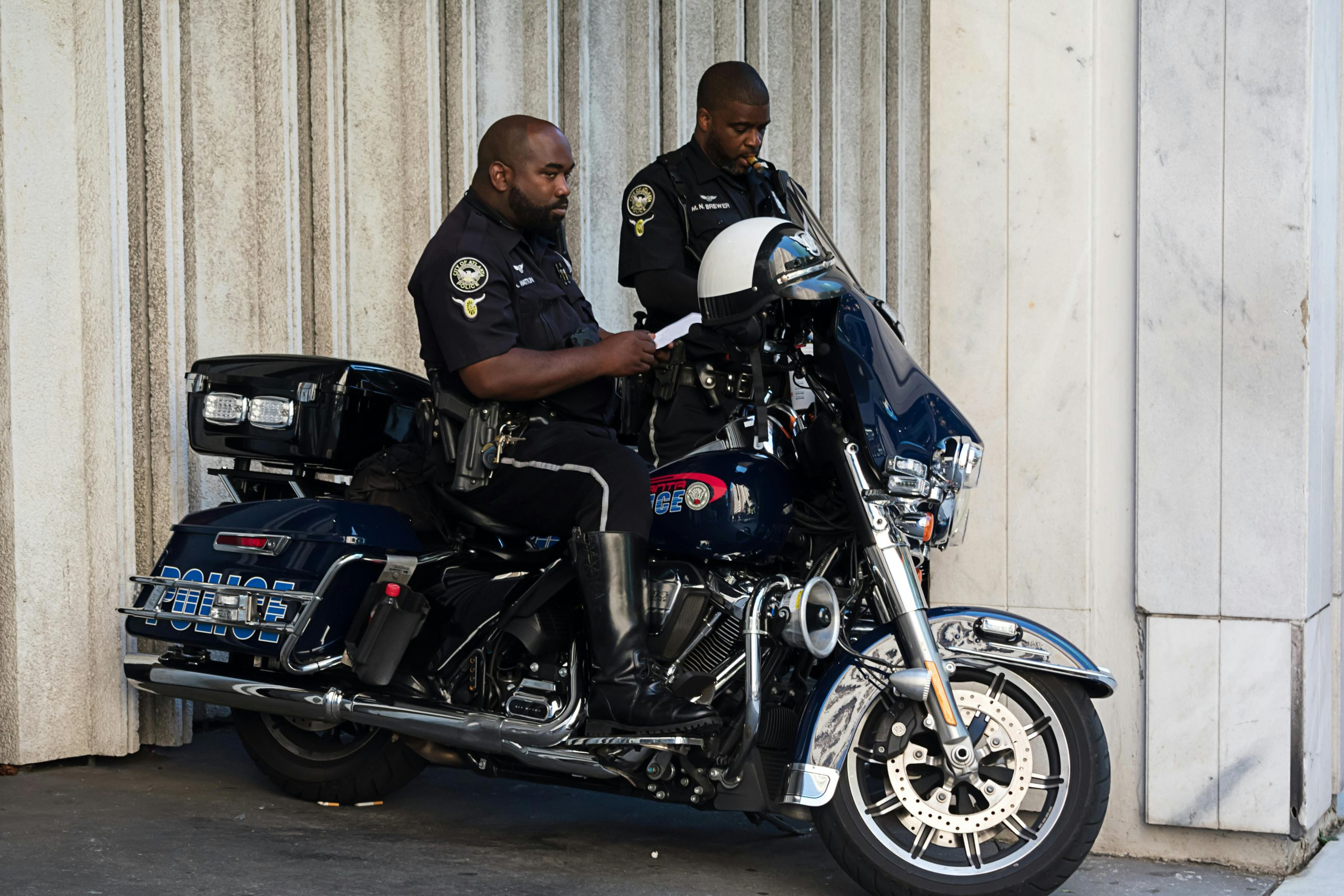Prisoner Rights and Conditions of Confinement
In today’s society, there are millions of people living behind bars. For many, the image of prisoners conjures up thoughts of criminals and wrongdoers. But what about their rights? While the topic of prisoner rights is complex and multifaceted, it is one that cannot be ignored. Every individual, regardless of their actions, is entitled to certain basic human rights and the conditions of their confinement must adhere to these principles. This article will delve into the concept of prisoner rights and the conditions of confinement, shedding light on an often overlooked aspect of the criminal justice system.
The Basics of Prisoner Rights
What are prisoner rights?
Prisoner rights refer to the basic human rights that all individuals are entitled to, even when incarcerated. These rights are protected by both national and international laws, such as the Universal Declaration of Human Rights and the International Covenant on Civil and Political Rights. Some of these rights include the right to adequate food and healthcare, the right to be free from torture and cruel treatment, and the right to access legal counsel. Essentially, prisoners should not be denied the same basic rights that individuals outside of prison enjoy.
Why are prisoner rights important?
Some may argue that since prisoners have committed a crime, they have forfeited their rights. However, it is essential to remember that the purpose of prisoners’ confinement is to punish and rehabilitate, not to strip them of their humanity. To deny prisoners their basic rights is to deny them of their dignity and to potentially worsen their situation. Moreover, protecting the rights of prisoners ensures that their treatment is fair and just, and ultimately contributes to a more just and humane criminal justice system.
The Conditions of Confinement
What are the conditions of confinement?
The conditions of confinement refer to the living conditions and treatment of prisoners while incarcerated. These conditions can vary greatly depending on the country, prison, and specific circumstances. However, some common aspects include the physical space of the cell, access to hygiene and health products, and the availability of educational or vocational opportunities.
Common concerns with the conditions of confinement
One of the most significant concerns with the conditions of confinement is overcrowding. In many countries, prisons are operating beyond their capacity, resulting in limited personal space, longer wait times for basic needs, and increased tensions among inmates. Additionally, inadequate healthcare and an absence of mental health services are also significant concerns. Many prisoners suffer from mental health issues, and without proper treatment, their conditions can deteriorate during their time in confinement.
The impact on prisoners
The conditions of confinement can have a significant impact on prisoners. Studies have shown that overcrowding and poor living conditions can lead to increased violence, higher recidivism rates, and a decline in mental health. In contrast, providing educational and vocational opportunities can help inmates in their reintegration into society upon release. Additionally, meeting basic human needs can reduce the likelihood of violence and foster a more humane prison environment.
In conclusion, the topic of prisoner rights and conditions of confinement is a complex and crucial aspect of the criminal justice system. Protecting the rights of prisoners and ensuring fair and humane living conditions not only upholds basic human rights but also contributes to a more just and safer society. By shedding light on this often-overlooked issue, we can strive towards a criminal justice system that embodies the principles of justice and compassion for all individuals, both inside and outside of prison walls.










